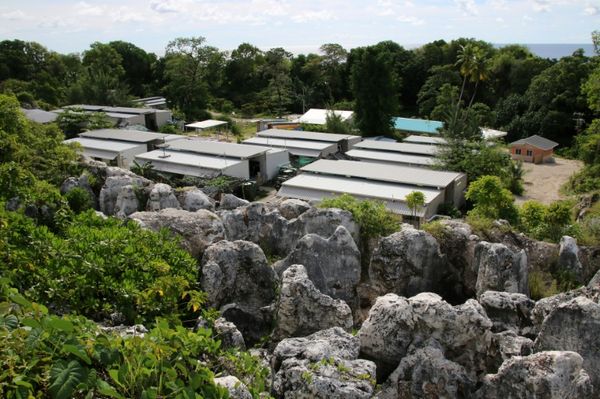
The sudden influx of electric vehicles in multiple countries around the world has given rise to changes in infrastucture geared towards integrating EVs into the mainstream transport sector. In Asia, in particular, there has been an overwhelming number of electric two-wheelers in the form of small scooters and motorbikes designed primarily for commuting.
Indeed, we've talked about hundreds of new electric two-wheelers from the Asian market here on RideApart, and those of you who read my stuff on InsideEVs would know that personal mobility devices like e-scooters and electric bicycles have also been growing in popularity both inside and outside of Asia. In Malaysia, for example, the Tenaga Nasional Berhad (TNB), or National Energy Limited, has allocated RM 90 million—approximately $20 million USD for the construction of charging stations fo EVs in Malaysia.
TNB is the only electric utility company in Malaysia, while at the same time being the largest publicly listed energy company in the entirety of Southeast Asia. So, to see that the company is bolstering its initiatives geared towards EVs could mean an accelerated transition to EVs in Malaysia. At present, there's quite the assortment of electric two-wheelers in the Southeast Asian country. Some of the popular models include those from Blueshark, Oyika, as well as the recently released BMW CE-04, which retails for RM 60,000, or around $13,500 USD.
TNB's move to invest this much resources into charging stations is geared towards boosting the capabilities of EVs, allowing users to drive or ride further without having to worry about range. In an article published by Malaysian motoring publication iMotorbike, Mohd Junaizee Mohd Noor, the project management director for EVs explained that TNB has already constructed three EV charging stations, and hopes to complete an additional seven before the end of 2023. “TNB will have a total of 10 DC EV charging stations along the highway by the end of the year,” he said in the report.







